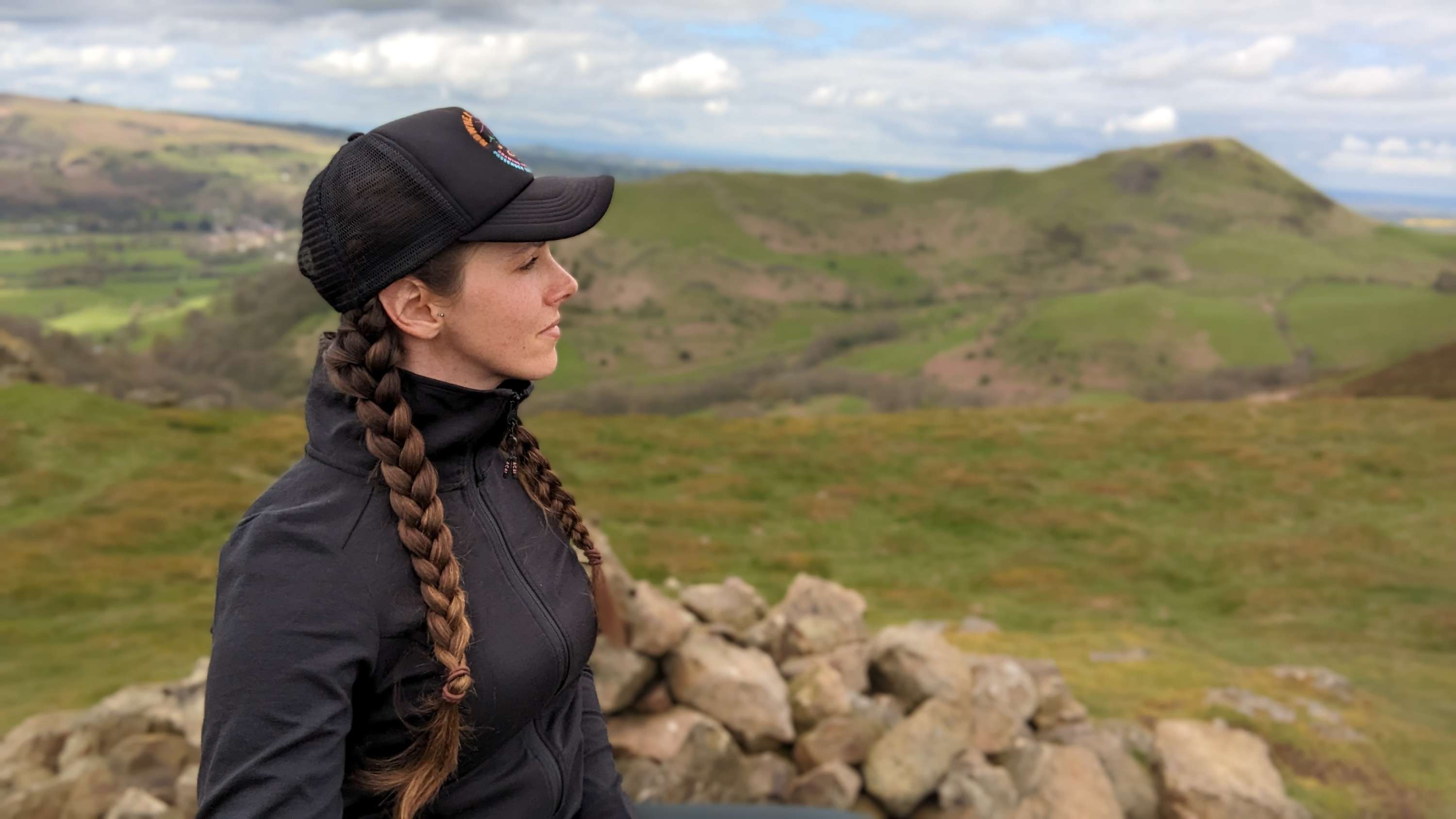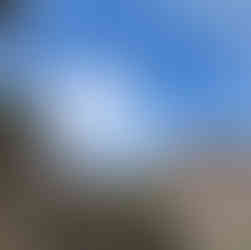Jebel Toubkal: The Most Achievable 4000m+ Peak! January Sale... Now Only £945!
- Janire

- Jan 27
- 7 min read
Dates: 9–14 June 2026
Price: £100 JANUARY SALE NOW ONLY £945 (flights available from £250)
Location: High Atlas Mountains, Morocco
Style: Fully guided trek, locally led and ethically run
Group Size: Small and supportive (min. 6 to run)
Difficulty: Moderate to challenging (4000m+ altitude)
Starting Point: Marrakech
Pack your sense of adventure (and maybe some earplugs for the mountain refuge) – we're heading to the High Atlas Mountains!
Join Ray of Sun Adventures and our amazing partners 360 Expeditions on a six-day journey through Morocco that blends mountain magic, culture, and a summit challenge all in one. We'll wind our way from the vibrant chaos of Marrakech to the peaceful peaks of North Africa’s highest mountain, Jebel Toubkal (4,167m).
This isn't just another trek – it's a spicy, sun-drenched, soul-stirring escape that will test your legs, blow your mind with views, and reward you with tagine, mint tea, and one seriously proud summit moment.

🗓️ Full Itinerary
Day 1: Arrive in Marrakech
You’ll be met at the airport and taken to your charming 4-star riad. Spend the day exploring the souks, sipping mint tea and getting gloriously lost in the medina. Meet your fellow trekkers for a briefing and welcome dinner.
Meals included: D
Day 2: Marrakech – Imlil – Azzaden Valley – Azib Tamsoult
Transfer to Imlil (1,780m) where we meet our mule team. Trek through the Azzaden Valley via Tizi n’Mzik pass (2,450m), past waterfalls and Berber villages, to Azib Tamsoult refuge.
Trekking time: ~6 hours
Meals included: BLD
Day 3: Azib Tamsoult – Aguelzim Pass (3,650m) – Refuge du Toubkal
A tough day. We ascend via 96 zigzags to Aguelzim Pass, where we catch our first glimpse of the summit. Lunch with jaw-dropping views, then descend to Refuge du Toubkal.
Trekking time: ~8 hours
Meals included: BLD
Day 4: Summit Day! Toubkal (4,167m) – Imlil
A pre-dawn start with head torches glowing. We aim to hit the col for sunrise, reaching the summit for 360° views and silence that’ll stay with you forever. Then we descend… a long way. Back to Imlil for a shower, food, and well-earned rest.
Trekking time: ~12–16 hours
Meals included: BLD
Day 5: Imlil – Marrakech
After a relaxed breakfast, transfer to Marrakech. The afternoon is yours to explore the souks before a fabulous 14-course celebratory dinner.
Meals included: BD
Day 6: Departure
Airport transfer and goodbye Morocco!
Meals included: B
🌟 Why Join This Trip?
This adventure is delivered by 360 Expeditions – absolute pros in the trekking game – and brought to life by Ray of Sun Adventures, who bring the supportive, inclusive, and friendly community vibes. If you're looking for a life-affirming journey that combines cultural immersion with physical challenge, this one's got your name all over it.
Spaces are limited to keep it personal. Book now and get ready to swap WhatsApp messages, packing tips, and probably a few sweaty summit selfies with your new mountain fam.
🏕️ FAQs About Our Toubkal Trip
The Trek
How challenging is Toubkal?
Although Toubkal is deemed an entry level mountain, at 4,167m it is still a tough trek at altitude. You must be well trained and prepared for steep, punchy climbs on loose rock. Summit day can be 16 hours long!
I’ve climbed Kilimanjaro – how does Toubkal compare?
Though Kili is higher, Toubkal days are steeper and longer. With significant altitude gains and demanding terrain, Toubkal can feel tougher, even over fewer days.
What is the terrain like underfoot?
Expect loose rock, shale, and uneven paths. Good footwear and focus are essential – it's not a stroll in the park.
What is the trekking like on Day 2?
We ascend from Imlil to Tizi n'Mzik (2,450m), have lunch, then descend to Azib Tamsoult (2,250m). A great warm-up day – about 6 hours of steady walking.
What about Day 3?
We climb 1,350m over Aguelzim Pass (3,650m) – it's steep with 97 zigzags! Lunch at the pass with your first glimpse of the summit, then descend to Refuge du Toubkal (3,200m).
And Day 4 – Summit Day?
A very early start (2:30am!). Head torches on, we aim for sunrise at the col and reach the summit soon after. Expect 12–16 hours on your feet, returning all the way to Imlil.
Training
How can I best train for Toubkal?
Train consistently with cardio and long hill walks carrying an 8–12kg pack. Do at least 2 long hikes per month (6+ hours). Practice in your boots and get used to your gear.
Health & Safety
What happens if there is a problem on the mountain?
Our experienced mountain crew are first-aid trained and carry satellite phones for emergencies. Evacuation procedures are in place if needed.
Should I take altitude pills (Diamox)?
360 doesn’t recommend it for Toubkal due to the side effects and the well-paced itinerary. If you want to take it, consult your GP and start 24 hours before the trek.
What medication do I need?
Bring your regular meds and extras like painkillers, Compeed, antihistamines, Loperamide, and insect repellent. Leaders carry a full first aid kit.
Do I need any vaccinations?
Check with your GP or travel clinic. Ensure you're up to date with routine vaccinations.
Food and Water
What are meals like?
Fresh, tasty, and local! Expect porridge, bread, tagines, couscous, pasta, salads, and plenty of tea. Snacks from home are encouraged for extra energy.
How often is fresh water available?
Water is bottled at lower elevations and boiled/refilled higher up. Bring purification tablets just in case.
Can food allergies be catered for?
Yes – let us know in advance and we’ll take care of it.
Accommodation
Where will we stay?
In Marrakech: a charming riad (shared rooms, single supplement available). In the mountains: basic but clean refuges with dorms and communal spaces.
How much is the single supplement?
£150 for single occupancy in Marrakech and Imlil (no singles in refuges).
Kit
What clothing should I bring?
Layering is key. Bring moisture-wicking base layers, fleeces, down jacket, waterproofs, trekking trousers, warm hat and gloves. It can be below freezing at the summit, even in summer.
Are down jackets necessary?
Recommended! They're great for evenings and summit day. You may get by with fleeces and layers but nothing beats a good down jacket.
What waterproofs should I bring?
A Gore-Tex style waterproof jacket and overtrousers. Lightweight but breathable is key – be ready for mountain rain or even snow.
What boots do I need?
Sturdy, well-worn, waterproof trekking boots with good ankle support. Break them in before the trip.
How warm does my sleeping bag need to be?
Comfort rating of 0 to -5°C. Add a fleece or silk liner if you get cold. Refuges provide extra blankets.
What do the mules carry?
Your main kit (max 15kg) goes with the mules. You'll carry your daypack (~30L) with essentials like layers, snacks, water, sunscreen, camera, etc.
Can I rent equipment?
Yes! Use Outdoor Hire (www.outdoorhire.co.uk) for hire gear. Bring your own boots though.
Weather
What’s the weather like?
Pleasant in spring, with daytime highs in the 20s°C, but cold at night. Summit temps can dip below zero. Marrakech will be warm and comfortable.
Travel
Do I need to book my own flights?
360 can book them for you (generally from London). Other UK airport options available – just ask.
What if I arrive early or want to extend my trip?
Let us know – we can help with extra nights and arrangements.
Is this trip guaranteed to run?
Min group size is 6. If numbers fall short, we'll explore local options or a small group supplement.
Do I need a visa?
UK citizens do not need a visa for Morocco.
Insurance
Do I need travel insurance?
Yes – it must include medical evacuation and high-altitude trekking (up to 4,167m). Proof required.
Money
What currency should I bring?
Moroccan Dirham is best. Euros also accepted in some places. ATMs available in cities. Bring cash for tips and snacks.
Tipping advice?
We recommend €60–€80 per person for the local crew.
How much spending money will I need?
About £150 should be plenty. Morocco is great value, especially if you're a keen haggler!
Electronics
Will I be able to stay connected?
Wi-Fi in Marrakech, patchy signal in the mountains. Consider a local SIM if needed.
Can I charge my electronics?
Yes, at the riad and refuges (though refuge power is from a generator and may be limited).
What type of plug adapter do I need?
Morocco uses type C and E plugs (two round pins). Voltage is 220V
🎒 Kit List
Bags & Packs
Kit bag (80–120L): Duffel style, durable, no wheels
Daysack (30L): With waist belt for day-to-day use
Waterproof rucksack cover: Essential in case of rain
Drybags: Reusable nylon rolltop recommended
Small kit bag: For gear left at the hotel
Padlocks x2: For kit bags and hotel luggage
Sleeping Gear
3-season sleeping bag
Sleeping bag liner: Silk preferred for warmth and cleanliness
Headwear
Warm hat/beanie/balaclava
Wide brimmed sun hat
Buff/scarf: Sun and dust protection (ROSA neck gaiter provided!)
Sunglasses: High UV protection – Julbo recommended
Sunblock: High SPF
Lip balm with SPF
Upper Body
Base layers x2: Moisture-wicking or thermal
Mid layer: Lightweight fleece or similar
Light insulated jacket: e.g. Primaloft or lightweight down
Hard shell jacket: Waterproof, breathable
Down jacket: Rated to -10°C for warmth in evenings and summit night
Warm gloves: Thin liner gloves + insulated waterproof pair
Lower Body
Trekking trousers
Softshell trousers: Windproof, warm
Thermal leggings/long johns
Waterproof trousers: Breathable (e.g. Gore-Tex)
Underwear: Merino or synthetic – quantity up to you
Feet
Walking boots: 4-season, worn in, waterproof
Comfortable trainers: For evenings
Trekking socks: Lightweight for lower, thicker for higher altitude
Spare laces
Hydration
Water bottles/bladder (3L total): Combo of bladder and Nalgene bottles
Water purification: Tablets/drops for added safety
Toiletries
Wash kit: Toothbrush, paste, deodorant, hand soap
Travel towel
Wet wipes
Alcohol gel
Insect repellent
Toilet paper: Spare in daysack
Nappy sacks/dog poo bags: For used toilet paper/rubbish
Menstrual products: Enough for your needs, plus disposal options
Medications
Personal first aid kit: Plasters, blister kit, pain relief, antiseptic, meds, etc.
Personal medication: Keep in your daypack
Miscellaneous
Trekking poles: Optional but useful, especially on descents
Ear plugs: Highly recommended for refuges
Head torch: Petzl preferred – bring spare batteries
Camera: Bring extra batteries/memory cards
Snacks: 1–2 energy bars per day (you’ll be well-fed, but a comfort stash helps!)
Entertainment: Cards, Kindle, book, iPod – totally optional but lovely to have
Documentation
Passport
Copy of passport
Dental check-up
Money (cash/Dirhams)
Travel insurance





























This sounds epic I want to join!